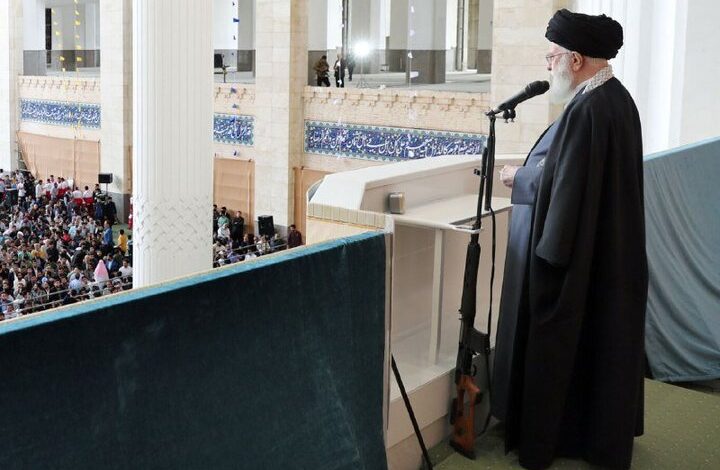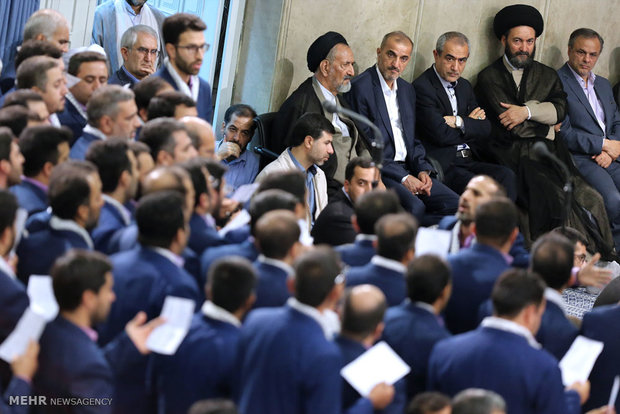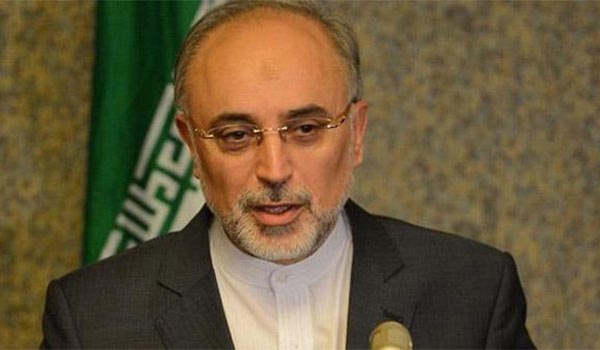Punishment for stability

While the Israeli media initially talked up the April 1 assault that resulted in the death of a high-ranking IRGC general and his deputy, it seems now that the dust has settled, they have begun to realize the potential consequences of the unprecedented action.
A commentary published by Haaretz suggested that the regime made a mistake in striking the embassy and that it had not thought about the “consequences” of the attack. A retired Israeli general appeared on TV, rendering the assault a mistake while warning that it might soon “open the gates to hell.” The regime’s officials also seemed to have come to their senses, with the foreign ministry noting Israel has not yet claimed responsibility for the attack.
The change of attitude occurred as the situation continued to grow ghastly for Israelis in the days following the attack. The Leader of the Islamic Revolution has confirmed twice that Iran will hit back. After announcing that Tehran would make Tel Aviv “regret” its illegal move, Ayatollah Seyyed Ali Khamenei dismissed any misgivings by saying Zionists “should be punished and will be punished” in a subsequent speech. Figures like Hezbollah’s Secretary-General Seyyed Hassan Nasrallah and the Iranian president have repeated the same remarks. With the regime growing more and more anxious about Tehran’s potential response, the anxiety eventually extended beyond Israeli circles.
On Thursday, a frenzy of diplomatic engagements came to Israel’s rescue. Foreign Ministers of the UK, UAE, Germany, Australia, Turkey, Saudi Arabia, and Iraq held phone calls with their Iranian counterpart Hossein Amir Abdollahian, reportedly asking the West Asian country to exercise “restraint” and refrain from “escalating tensions.” The U.S. has allegedly also asked China to prevent Iran from making the feared move against Israel.
Too late for damage control
Despite the West’s lack of condemnation of Israel and its efforts to dissuade Tehran from retaliating, it has become evident that Iran’s response is on the way. Some reports suggest the country could directly strike the occupied territories within the next 24 to 48 hours, with a range of advanced drones and missiles.
It is unclear what the West is trying to achieve here. Whether it be to prevent a full-blown regional escalation or impede another disappointment at Israel’s perceived “invincibility”, Western politicians should realize that the solution lies not in forcing Iran to stay put against aggressions, but in reining in the rogue regime in Tel Aviv.
Iran is not trying to wage a regional war. In fact, it needs to strike Israel to prevent one. When a nuclear-armed regime is allowed to violate any international law out there without facing any consequences, it becomes necessary for Iran to ensure security on its own. Reports suggest Tehran’s response will be controlled as it only aims to restore deterrence.
In Gaza, the West has miserably failed to uphold the laws it so windily advocates. The U.S. and its European allies let an entire enclave get flattened as they nonchalantly witnessed the death of over 33,000 Palestinian civilians, all because they found it too difficult to say no to their spoiled child. While that only hurt Palestinians and Israelis, the West’s continued impotence could now cost them a new era of bloodletting in West Asia that would have far-reaching reverberations for the entire world.
The West cannot prevent Iran from punishing Israel. It can, however, force Israel to receive its punishment quietly and make it finally grow up.
First Published by Tehran Times




